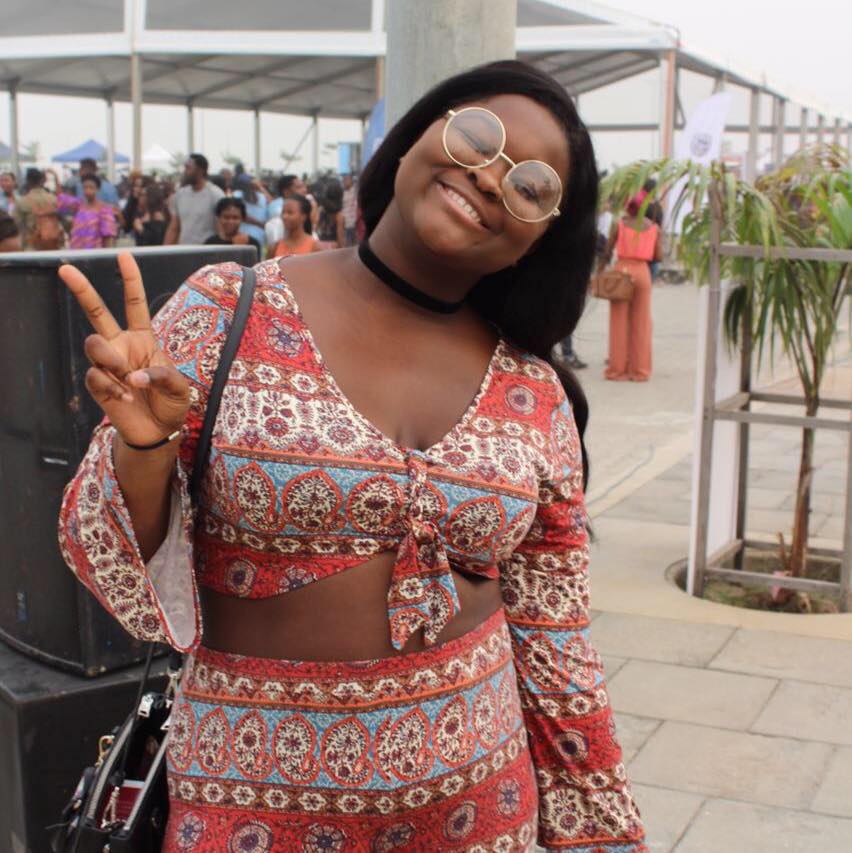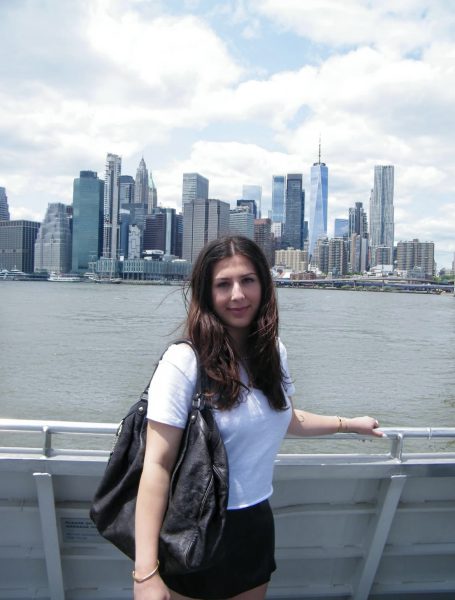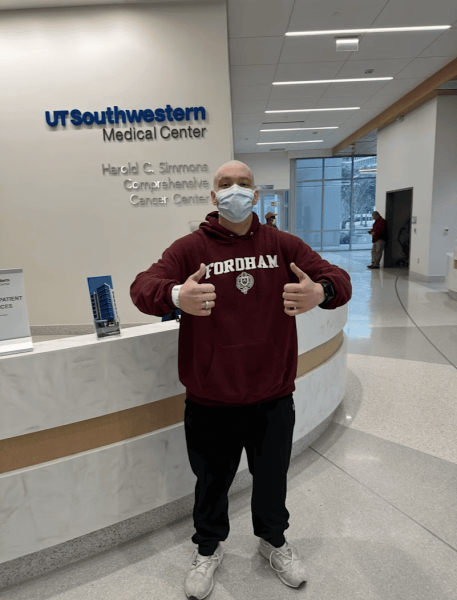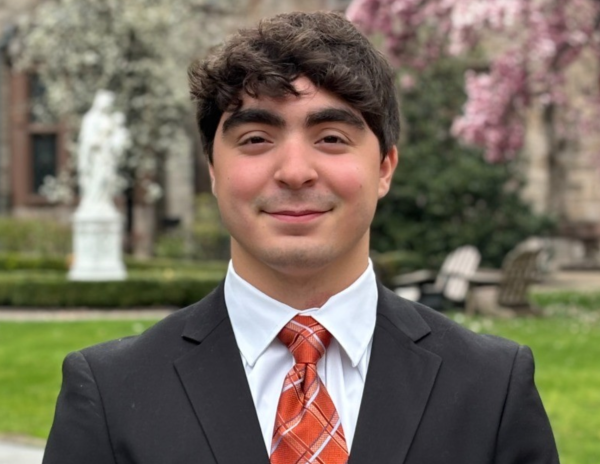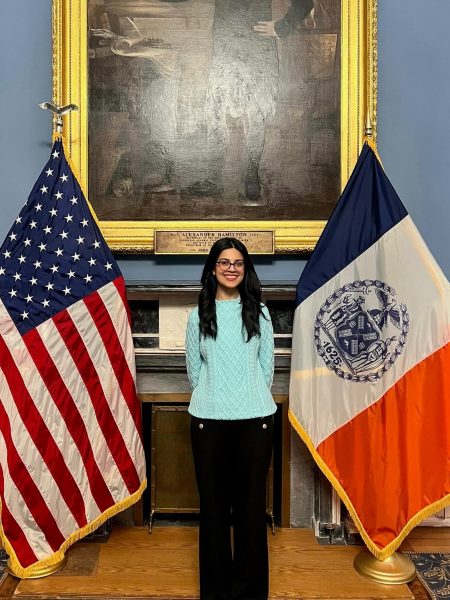Fighting Back: Sophomore Creates Real Change
By Kieran Press-Reynolds
Diane Greg-Uanseru, FCLC ‘21, is a major presence on campus. “My friends would describe me as ‘a lot,’” she says, laughing.
Her journey to Fordham was different than most students. Growing up in Lagos, the biggest city in Nigeria, she saw going to school in America as a cool opportunity. “Most of the rest of my family went to school in London,” she tells me. “I knew from when I was 15, 16, I didn’t want to, so I applied to a bunch of boarding schools towards the end of high school.”
She ended up attending a little school of about 300 kids in Rhode Island. “It was such a culture shock for me,” she recalls. “So many white people. I’ve never been in the situation where I was the only black girl in my grade.”
Seeking escape from the suburbs, she applied to Fordham and was accepted. “I knew I wanted to be in New York no matter what. So why not?”
Greg-Uanseru’s main involvement at Fordham is with the Black Student Alliance (BSA). She recently became the organization’s Director of Public Relations. “I love being social and talking to people, so it’s perfect.”
Her interest in racial and social politics extends outside of Fordham. Last summer, after replying to a post on Twitter, she and a few others orchestrated a sexual assault protest rally in Lagos. “It was surprisingly huge,” she says. “We got a turnout of over 100 people.”
Nigeria, as both a state and a body politic, is not the most politically progressive country, Greg-Uanseru explains. “It was very new for the country, this being the first march of its kind.” Luckily, they prepared for the backlash by hiring bodyguards. “One women yelled at my friend and I, saying that if we covered up our bodies more, then we wouldn’t get raped.”
Greg-Uanseru’s parents were especially distraught at her involvement with the march. “They are very conservative,” she says, explaining how her mother attempted to stop her, but that she did it anyway. She stresses the significance of having security. “Without security, we would have gotten a lot more hate and heckling. We were so privileged in that sense; we needed to use it to help other women’s struggles.”
Greg-Uanseru plans to organize more rallies next summer. “Nigeria is very backwards,” she says. Homosexuality is still illegal in Nigeria. Laws prohibiting marital rape were only passed recently. “We need to talk about sex and sex education. A lot of the guys doing assault don’t even know what consent is, or that they were genuinely committing an act.”
In addition to BSA, she is very involved with Fashion for Philanthropy. She has a keen interest in fashion and specifically in advocating for a wider acceptance of plus-size models. “I wanted to be a plus-size model for the longest time,” she says. “But if you don’t have an hourglass figure or really amazing bone structure, even being a plus-size model, they won’t accept you.”
Greg-Uanseru explains the basic contradiction plaguing the plus-size model industry today. “If you’re a fat person, you can’t be fat in the face. Kind of defeats the whole purpose.” Similarly, the body positivity movement, which seeks to normalize and support all body types, is broken. “You can’t be body positive if you’re disabled, unconventionally fat, trans. There’s no representation. I’m not gonna be a part of that.”
She recently made a YouTube channel, Diane Greg-Uanseru, as an outlet to advocate for the least-privileged. “There’s a spectrum of body types,” she explains. “I know that, as a fat person, I am a privileged fat person. There’s a privilege to my body type; I need to understand that and talk about it.”
She says she is a bit terrified about making videos because supporting unconventional body types is a thing people tend not to accept. “If you’re not conventionally fat, like slim-thick, then you won’t be accepted. It’s not fair. Everyone deserves a voice.”
Speaking about her time at Fordham, Greg-Uanseru says she’s definitely enjoyed it. However, it’s clear that Fordham is of little importance. Her goals and passions are much bigger than anything the University could provide.





































































































































































































